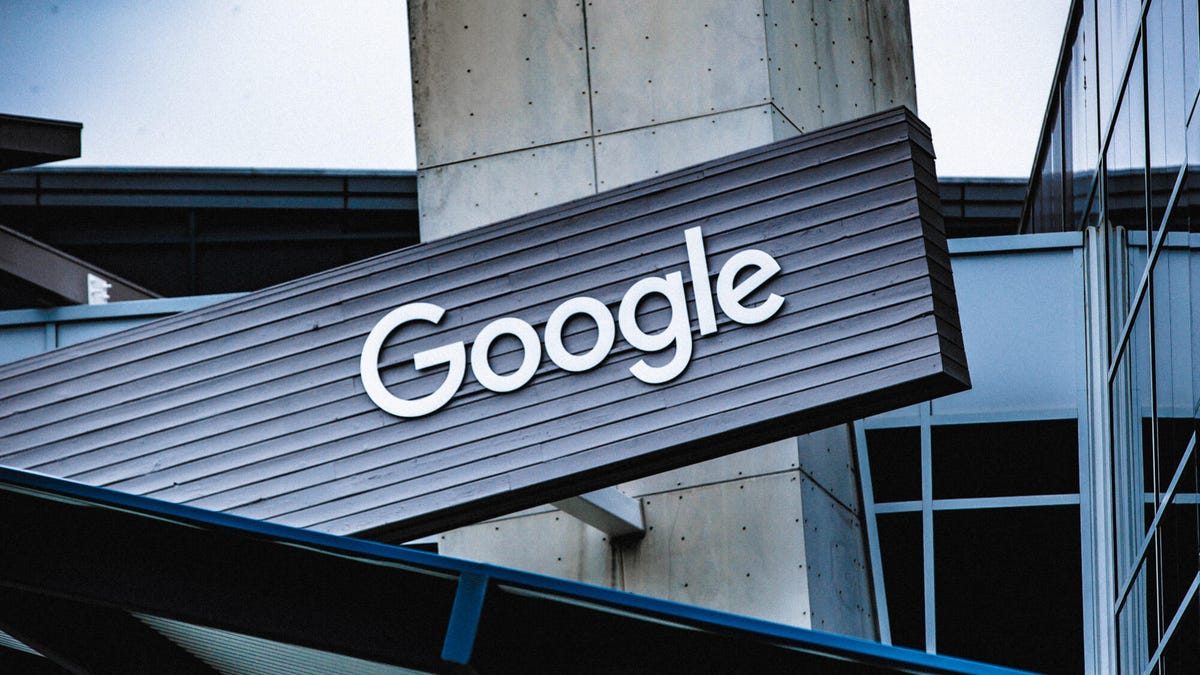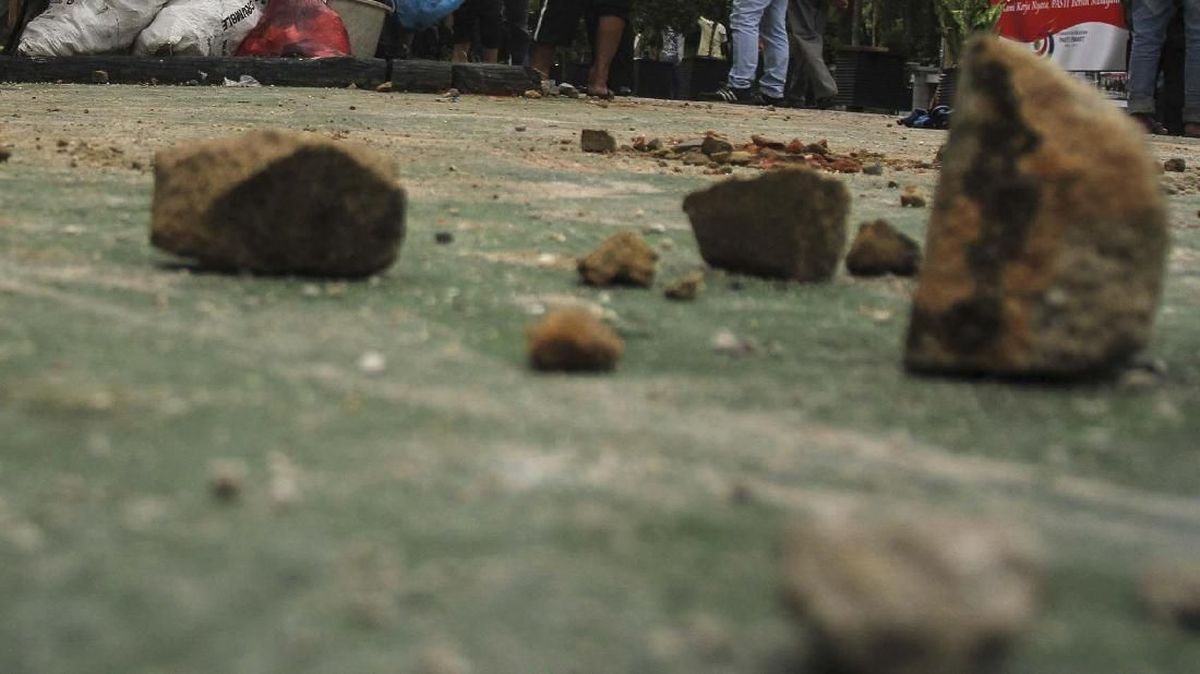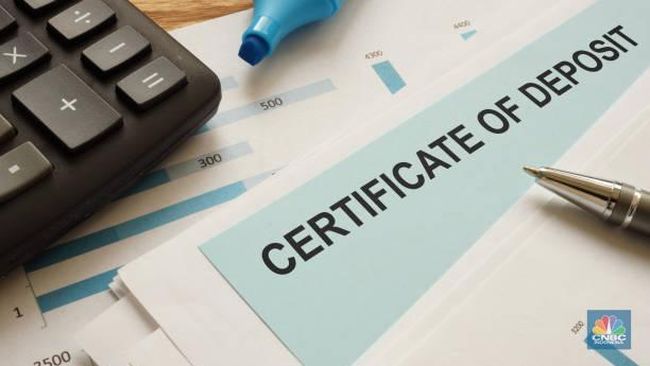I've been writing about the right-to-repair movement and finding more sustainable ways to buy tech for years, but it wasn't until earlier this year on a routine Tube journey across London that I heard of Back Market, a refurbished tech marketplace originating in France.
While avoiding any possible eye contact with strangers, as is good Tube etiquette, my gaze drifted up to a Back Market advert above the window pane. "Sorry, cats. Tech now has multiple lives too," it said. It was amusing and immediately made me want to know more.
It turned out that I was late to the party, and this was just one of many cheeky ads that Back Market has run on the London Underground network and beyond. The company's campaigns aim to normalize buying refurbished tech by making it fun, Back Market's CEO Thibaud Hug de Larauze said at SXSW London on Tuesday.
Back Market projects a slogan onto the Apple Store in London.
Back Market"Don't make people feel guilty, like you're a bad person because you're buying new," he said. "It's not going to work. It's not going to change people's behavior."
Extending the lifespan of our phones, laptops and other tech products, whether through repair, responsible trade-ins that prioritize recycling or buying refurbished devices, is critical to ensure we're not wasting precious minerals and exerting pressure on the natural world in ways that contribute to the climate crisis. It's serious stuff, but Back Market's lighthearted approach is about sparking "a joyful revolution" in the world of refurbished tech, Hug de Larauze said.
Buying into this revolution is good for the planet and protecting the well-being of the people in developing countries, whose health is impacted by mining for minerals or recovering them from discarded e-waste. It's also good for another reason – avoiding price rises on new tech sparked by tariffs.
The repair and refurbish movement
Back Market isn't the only marketplace willing to pay for your old tech and sell you a refurbished device, but it's one part of a more widespread movement for change. Earlier this year, the company partnered with iFixit, which equips people around the world with the tools they need to repair their own tech while advocating for right-to-repair legislation.
"We want to enable people to repair by default, if they want and if they can," Hug de Larauze said. "If they cannot, let's trade in easily and adopt a refurbished one."
Together, the companies encourage people to increase the time they hold onto their phones to five years, rather than the current average of two and a half years. They're also applying pressure to phone manufacturers to increase software support to 10 years.
But Hug de Larauze has an even bigger request for tech companies, which he describes as "the next fight we need to push for."
When tech manufacturers cease to provide ongoing support for devices, he wants them to unleash the hardware they've made so that it can be fully divorced from the operating system. The idea is that an old iPhone, for example, could get a new lease on life as something like a baby monitor or security camera if combined with different software.
This feels like a big ask for tech companies, with the main argument against the proposal likely to center on security concerns. Still, the world of refurbished tech is changing quickly. Over a million refurbished devices were purchased through Back Market last year alone and, according to Hug de Larauze, there are already signs that people are holding onto their smartphones for longer and trading in more often.
"For me, it's about building a global ecosystem of service for everybody to basically access to repair by default," he said. "Obviously, keep the device longer, but if for some reason you cannot, then easily trade it in and access refurbished devices instead."

 3 months ago
40
3 months ago
40















































